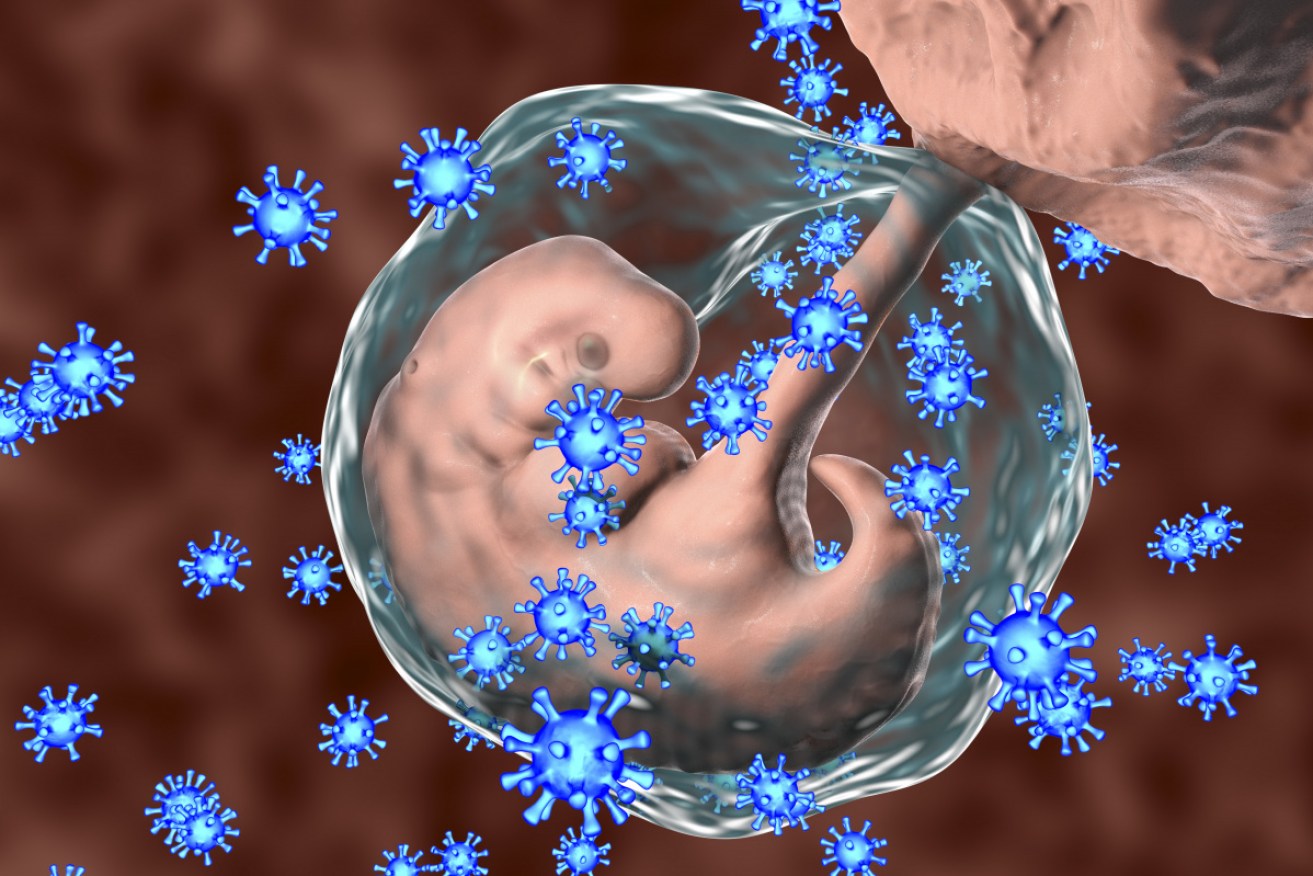Infection during pregnancy: Significant increase in risk of autism and depression in babies


A new study found a nearly 80 per cent increase in the risk of autism in newborns if the mother had battled an infection during pregnancy. Photo: Getty
A day after a massive Danish study of more than 650,000 babies comprehensively proved that there is no causative link between the MMR vaccine and autism – as anti-vaxxers have sensationally claimed for years – comes a twist.
An even bigger study of 1.8 million Swedish children has found that any infection in pregnant women significantly increases the risk of the unborn child developing autism spectrum disorder, and depression, later in life.
This was found to occur even when microbes had not invaded the foetal brain – although no explanation for this could be so far determined.
Mothers urged to have a flu shot
The researchers from the University of Washington School of Medicine in Seattle, and the Sahlgrenska Academy in Gothenburg, Sweden, also found that the risk of suicide later in life was increased by a maternal infection.
The study’s lead author Kristina Adams Waldorf, a professor of obstetrics and gynaecology at the UW School of Medicine, gave a stern warning to pregnant women who refuse the influenza vaccine – which is safe to be given at any stage of pregnancy.
“They are not only putting themselves at risk for serious and even fatal infections, but they may be putting their infants at risk for neuropsychiatric disorders later in life,” she said in a prepared statement.
The link between infection and psych disorders
The study’s objective was to estimate the risk of psychiatric conditions caused by foetal exposure to any maternal infection while the mother was hospitalised during pregnancy.
The researchers analysed the hospital and death records of nearly 1.8 million people born in Sweden between 1973 and 2014, from birth to the age of 41.
They found that people whose mothers had been hospitalised for any infection during pregnancy had an astonishing 79 per cent higher risk of being diagnosed with autism.
They also found a 24 per cent increased risk of being diagnosed with depression – which was linked to occurrences of suicide, according to death records.

Even a mild infection in mothers was linked to greater autism and depression risks for their babies. Photo: Getty
“Suicides were much more common in children that had been exposed to a mother’s infection in pregnancy than those unexposed,” Dr Adams Waldorf told MedPage Today.
“This provided evidence from a completely different source that suicide was much more common in children exposed, so this kind of corroborated our depression data.”
No increased risk was detected for two other disorders: Psychosis, including schizophrenia, and bipolar disorder.
According to a statement from UW School of Medicine, the increased risk was observed even when the mothers were treated for infections generally considered mild, such as those of the urinary tract.
“These findings suggest that preventing any infection in mothers during pregnancy may be important for the long-term health of their children,” said co-author Benjamin al-Haddad, who at the time of the study was a pediatric resident at the UW School of Medicine.
The mystery of foetal brains
It is unclear how an infection by a microbe that does not directly attack the foetal brain could nevertheless affect its development, said Dr al-Haddad, in a prepared statement.
Research has shown that exposure to inflammatory proteins released by the mother’s immune system to fight off infection may affect gene expression in foetal brain cells.
Other research suggests that inflammation may increase the production of serotonin, a neurotransmitter, by the placenta, which may alter foetal brain development, he said.
Previous research has indicated that infections caused by specific pathogens, such as cytomegalovirus and the herpes virus, can cause foetal brain injury, abnormal brain development and an increased risk for certain psychiatric disorders.
The findings were published on March 6 in JAMA Psychiatry.








